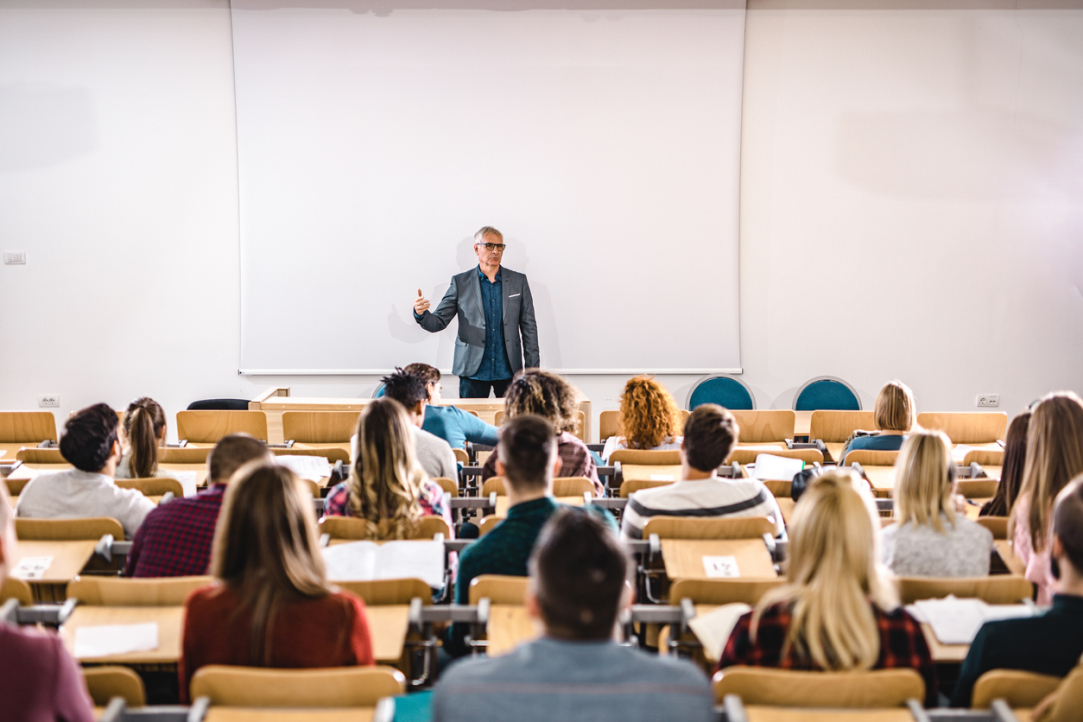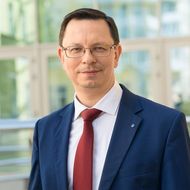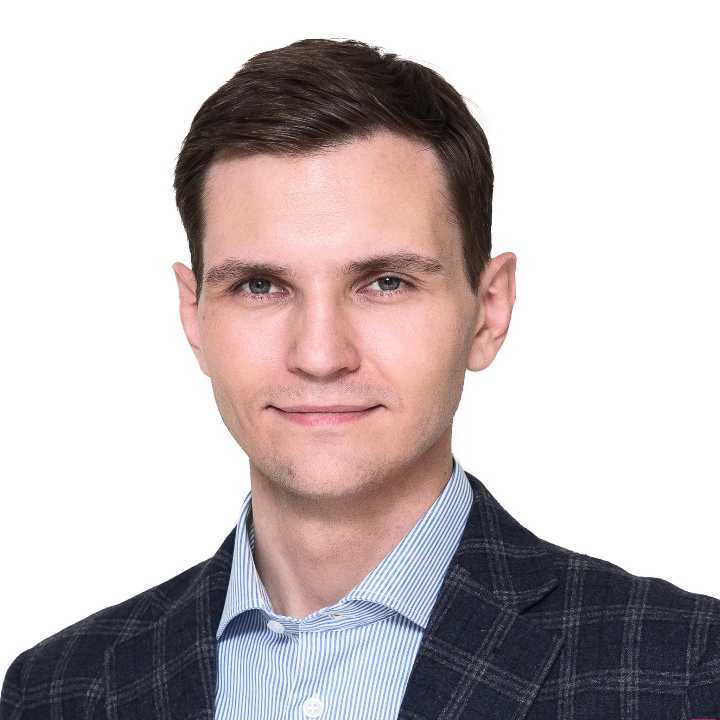Recruitment Campaign 2025: How HSE Attracts Top International Talent

For nearly two decades, HSE University’s international recruitment programmes have brought highly qualified professionals from the global academic job market to Russia—from recent PhD graduates of leading universities to experienced international scholars. On September 1, 2025, the university expects 50 new international faculty and researchers to join its academic team.
The primary aim of international academic recruitment is to form a teaching and research staff capable of carrying out globally recognised research and delivering HSE University’s degree programmes at an internationally competitive level.
The selection process for the 2025 international recruitment campaign concluded in April. Candidates were chosen for two flagship initiatives—the tenure-track international faculty programme and the international postdoctoral fellowship programme. HSE expects to welcome 50 international specialists this autumn: 15 under the tenure-track programme and 35 as international postdocs.
These new colleagues are graduates of PhD programmes at 50 leading universities, including the University of California, Los Angeles (USA), the University of Oxford (UK), Harvard University (USA), the Free University of Brussels (Belgium), the University of Toronto (Canada), the University of Southern Denmark, George Washington University (USA), the University of Pittsburgh (USA), the University of São Paulo (Brazil), the University of Bordeaux (France), Boston College (USA), the Free University of Berlin (Germany), the Indian Statistical Institute, Jawaharlal Nehru University (India), Beijing Institute of Technology (China), and many others.

Nikita Anisimov
HSE Rector Nikita Anisimov highlighted a notable feature of the 2025 recruitment campaign. ‘Of the 15 international specialists joining us on September 1 through the international tenure-track programme, nine—that is 60%—are Russian citizens who graduated from top foreign universities. This confirms that our international recruitment efforts also fulfil an important national goal: they support the return of highly qualified specialists to their homeland, to Russia. We are truly pleased with this result. At the same time, the international postdoctoral fellowship programme continues to attract primarily foreign nationals—graduates of top-tier PhD programmes. This year, the vast majority of those who accepted postdoc offers from HSE hold citizenship from friendly countries,’ shared Nikita Anisimov.
Vice Rector Alexey Koshel also gave details about the selection principles and results of HSE’s 2025 international faculty recruitment campaign.

Alexey Koshel
‘This year, members of the subject-specific selection committees and the International Recruitment Committee faced a welcome challenge: the 2025 campaign attracted an exceptionally strong pool of candidates, both in terms of numbers and academic quality. Applications for the international tenure-track faculty programme nearly doubled compared to 2024. As in previous years, the majority of applications—44%—came from candidates in Economics and Finance. Business & Management and Computer Science followed with 10% each, while Linguistics and International Relations & World Economy each accounted for 6.5% of the applications. The remaining 23% were distributed across other disciplines. It has also become a tradition for some of the strongest international postdocs to transition into the tenure-track programme—this year, three such candidates were selected. Applications for the international postdoctoral programme increased by nearly 25%, and the overall academic profiles of candidates were very strong,’ said the HSE vice rector.
As Alexey Koshel explained, ‘this year’s successful recruitment campaign can be attributed to both a favourable shift in the global academic job market and HSE University’s strong international visibility and reputation as a trusted and respected employer.’
HSE University runs its international recruitment programmes on a competitive basis across all its campuses. The university currently operates several successful initiatives to attract international talent, including the International Tenure-track Programme, the International Postdoctoral Fellowship Programme, the Part-time Seniors scheme for leading international scholars, and the Digital Professors programme. Applications for the Digital Professors programme are submitted online via the programme’s dedicated webpage (in Russian).
See also:
HSE Scientists Optimise Training of Generative Flow Networks
Researchers at the HSE Faculty of Computer Science have optimised the training method for generative flow neural networks to handle unstructured tasks, which could make the search for new drugs more efficient. The results of their work were presented at ICLR 2025, one of the world’s leading conferences on machine learning. The paper is available at Arxiv.org.
Neural Network Trained to Predict Crises in Russian Stock Market
Economists from HSE University have developed a neural network model that can predict the onset of a short-term stock market crisis with over 83% accuracy, one day in advance. The model performs well even on complex, imbalanced data and incorporates not only economic indicators but also investor sentiment. The paper by Tamara Teplova, Maksim Fayzulin, and Aleksei Kurkin from the Centre for Financial Research and Data Analytics at the HSE Faculty of Economic Sciences has been published in Socio-Economic Planning Sciences.
Larger Groups of Students Use AI More Effectively in Learning
Researchers at the Institute of Education and the Faculty of Economic Sciences at HSE University have studied what factors determine the success of student group projects when they are completed with the help of artificial intelligence (AI). Their findings suggest that, in addition to the knowledge level of the team members, the size of the group also plays a significant role—the larger it is, the more efficient the process becomes. The study was published in Innovations in Education and Teaching International.
Advancing Personalised Therapy for More Effective Cancer Treatment
Researchers from the International Laboratory of Microphysiological Systems at HSE University's Faculty of Biology and Biotechnology are developing methods to reduce tumour cell resistance to drugs and to create more effective, personalised cancer treatments. In this interview with the HSE News Service, Diana Maltseva, Head of the Laboratory, talks about their work.
Master’s Students of HSE, University of Campinas, and Tsinghua University Publish Joint Student Research Collection
Master’s students of the HSE ISSEK programme ‘Science, Technology and Innovation Management and Policy’ have released a joint research collection with the University of Campinas (Brazil) and Tsinghua University (China) titled ‘Being Innovative or Being on the Safe Side—Managing the Risk of Failure.’ The authors explore how organisations perceive risks and embrace innovation within different cultural contexts.
‘A Turn Away from Stereotypes’: Moscow Hosts ‘Researching the Deaf Community’ Conference
On October 17–19, 2025, the third annual interdisciplinary conference ‘Researching the Deaf Community 2025: on the Periphery of Attention’ took place at GES-2 House of Culture in Moscow. The event was organised with the participation of the HSE International Laboratory for Social Integration Research. HSE University Vice Rector Irina Martusevich addressed attendees at the opening ceremony.
Exploring the Mind: HSE Scientists Discuss Cognitive Technologies of the Future
Why we make irrational decisions, how the brain responds to fakes, and whether neural networks are capable of thinking—these were the topics discussed by early-career scientists of HSE University during the NAUKA 0+ science festival. The event brought together students and experts from various fields, united by a common goal—to deepen their understanding of the human brain and cognitive technologies.
HSE Researchers Assess Creative Industry Losses from Use of GenAI
Speaking at the IPQuorum.Music forum on October 15, Leonid Gokhberg, HSE First Vice Rector, and Daniil Kudrin, an expert at the Centre for Industry and Corporate Projects of HSE ISSEK, presented the findings of the first study in Russia on the economic impact of GenAI on creative professions. The analysis shows that creators’ potential losses could reach one trillion roubles by 2030.
International Dialogue on Urban Development: Dynamic Urbanism and Green Infrastructure
In September 2025, the HSE Faculty of Urban and Regional Development (FURD) hosted a delegation of leading scholars and urban development experts from China. Two seminars were held at the Shukhov Lab with the participation of Chinese colleagues: the first focused on green infrastructure, while the second explored the theme of dynamic urbanism. In addition, a meeting between the Chinese delegation and representatives of FURD took place at the university’s main building on Pokrovsky Bulvar. The participants discussed opportunities for expanding cooperation between universities and research centres.
HSE Tops the Ranking of Universities with the Best Employer Reputation
On October 16, 2025, Forbes Education published its list of the top 20 Russian universities with the best employer reputation in 2025. The ranking was based on a survey of leading Russian employers, who named the higher education institutions whose graduates they consider the most well-prepared and are most inclined to hire. HSE University took first place in the ranking.


